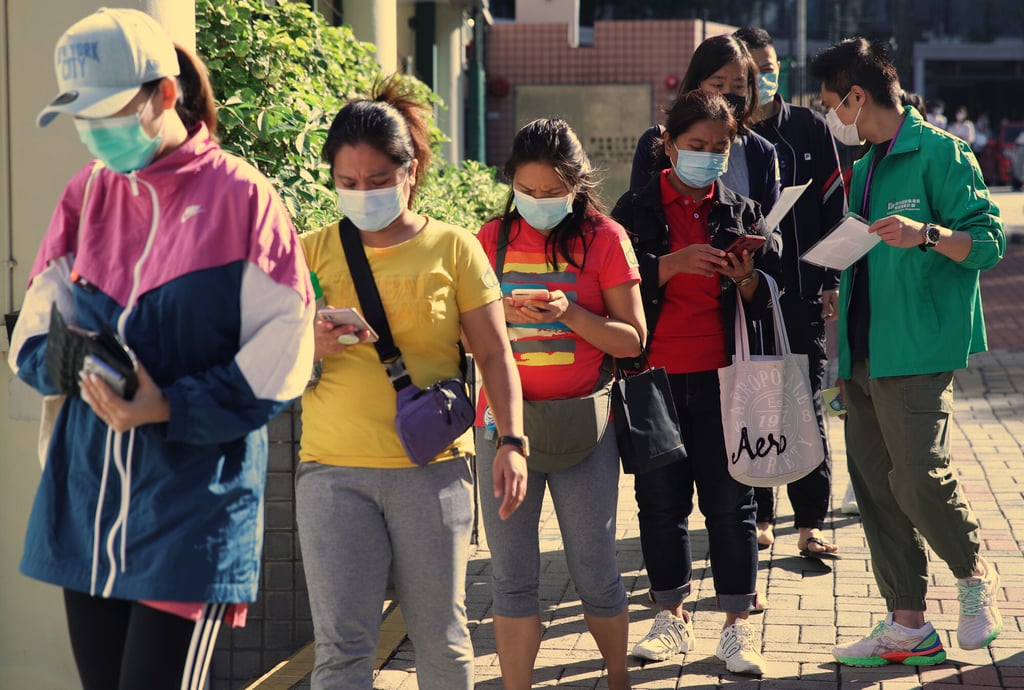Hong Kong expecting increase in number of patients at public hospitals during winter, health authorities say
- Children, the elderly and those with chronic diseases remain likely to be affected by respiratory tract infection, the Hospital Authority’s Dr Michael Wong says
- More manpower, support services to be enhanced during festive periods to cope with potential surge in patients

Vulnerable groups such as children, the elderly and people with chronic diseases remain likely to be affected by respiratory tract infection as the weather turns cooler, according to Dr Michael Wong Lap-gate, chief manager of cluster performance at the Hospital Authority.
“As social activities have largely returned to normal, the chances of catching a disease or accidents occurring have returned to the level before the pandemic,” he said. More than HK$700 million (US$89.7 million) was allocated to hospital clusters to help them prepare for the potential surge in patients this year.

About 800 temporary and 323 new beds would be added to increase capacity, Wong said, adding that there would be more ward rounds and support services enhanced during evenings, weekends and holidays to facilitate inpatient discharge and transfers.
The authority would also boost manpower to cope with the potential surge in winter.
Quotas at general outpatient clinics will be increased to allow an additional 3,500 people to be served during the Christmas, Lunar New Year and Easter holidays, and 17 public clinics will continue to cater for residents. Wong also appealed to private doctors to stay open during the festive periods.